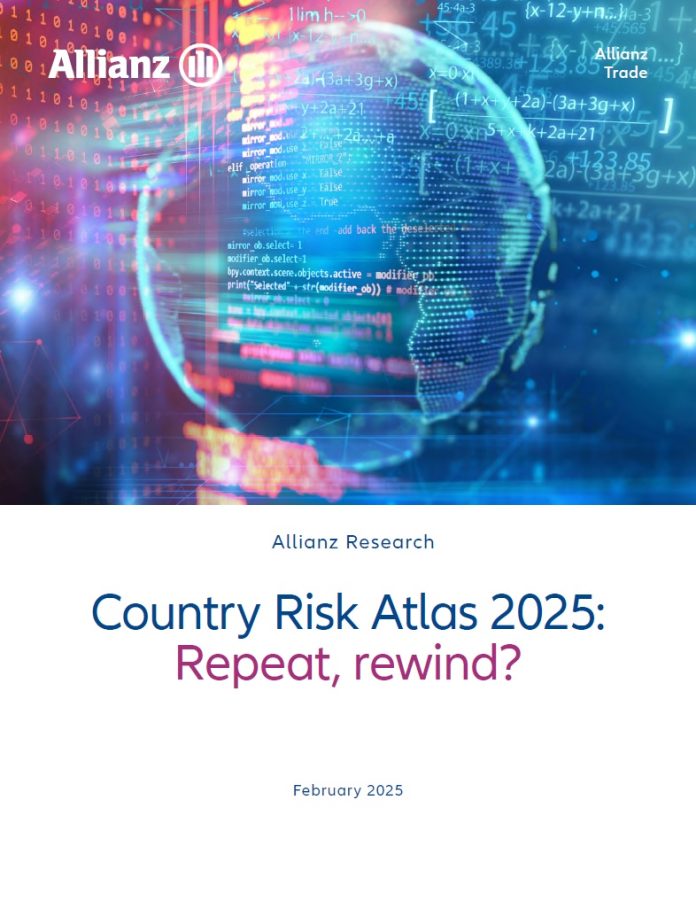Global economic risks appear to be in flux as Allianz Trade’s latest Country Risk Atlas highlights improved conditions for 48 countries in 2024. This represents more than double the progress seen in the previous year. However, experts caution that these gains may be short-lived as geopolitical and economic pressures threaten to derail recovery efforts as early as 2025. Morocco stands out in the report for its upward momentum, although the country continues to face serious structural and environmental obstacles.
According to the findings, roughly 17% of global GDP is linked to these upgraded risk ratings. Much of this progress is driven by emerging economies in regions such as Latin America, Eastern Europe, and the Asia-Pacific. In contrast, several Middle Eastern countries have experienced a decline in their ratings. This is primarily due to instability in oil markets and supply chain disruptions. Allianz Trade warns that these positive shifts are vulnerable to rapid changes, especially with rising global protectionism and fragile geopolitical balances.
Morocco’s risk rating improved from B2 to B1, signaling better prospects for economic growth. The country has been making strides in diversifying its economy through targeted industrial policies and investments. A surge in automobile exports to the European Union, a strong rebound in tourism, and improved inflation control have been key factors behind this progress. Despite these successes, the agricultural sector remains highly sensitive to extreme weather events such as droughts and floods, which could hinder the nation’s growth in the years ahead. Lluis Dalmau, an economist at Allianz Trade, projects that Morocco’s GDP will grow by 3.5% in 2025. However, he also points to persistent concerns, including high youth unemployment and ongoing budget deficits, that could threaten the country’s long-term stability.
Allianz Trade emphasizes that companies must remain vigilant and prepare for potential risks on the horizon. Geopolitical tensions, the possibility of trade wars, and growing social divisions could undermine investor confidence, making it imperative for businesses to closely monitor country risk ratings. Aylin Somersan Coqui, CEO of Allianz Trade, warns that these factors may disrupt corporate growth strategies, underscoring the need for continuous risk assessment in an increasingly unpredictable global economy.
Despite current signs of improvement, the future remains clouded by uncertainty. Economic players will need to stay alert and adapt quickly to shifts in global trade conditions and potential escalations in geopolitical conflicts. For now, caution and preparedness will be crucial for navigating an ever-changing economic landscape.





